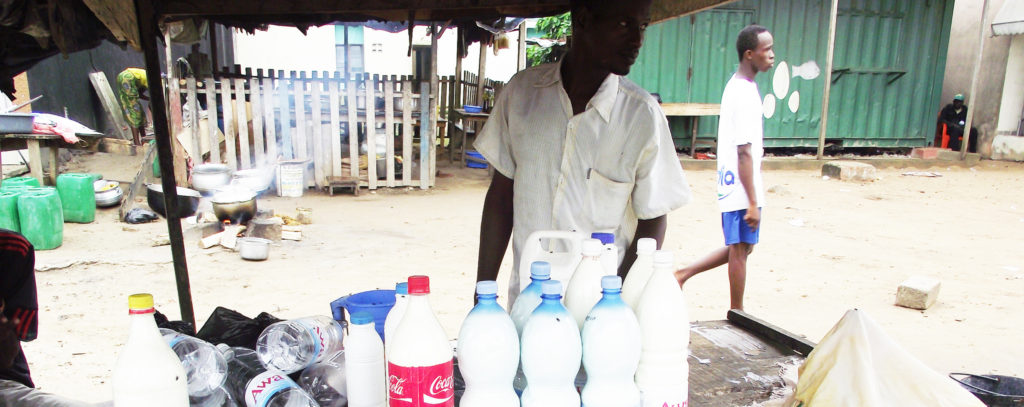Swedish companies are known as frontrunners in building sustainable value chains. As large importers of agricultural produce from developing countries they are interested in making their value chains as fair and sustainable as possible. However, poor nutrition among producer families undermines these goals.
This seminar seeks to call Swedish importers to take action to improve nutrition for producer families that rely on them for income and at the same time boost efficiency and sustainability along their value chain.
SIANI and Inclusive Business Sweden are hosting the seminar with the Global Alliance for Improved Nutrition (GAIN), an initiative to provide adequate nutrition to the most vulnerable population in developing countries. During the seminar we will discuss how poor nutrition is impacting production, education and health in developing countries and if and how Swedish importers can contribute to improved nutrition in developing countries. We will share experiences and different models of companies that have worked with nutrition as part of their business model and value chains.
Preliminary program
– chaired by Melinda Sundell from SIANI
- How is poor nutrition impacting on production, education and health in developing countries? Charlotte Pedersen – GAIN Nordic coordinator
- Measuring the impact: A case study on the impact of improved nutrition in the value chain (GAIN Global)
- Case example – “Seeds for Prosperity” – improving-food-nutrition-security-tea-farmer-household – Katja Freiwald, Director Global Partnerships (Livelihoods & Nutrition) Unilever
- The potential role of Swedish importers in improving nutrition for producers and their families, Swedish Food Federation
- Home grown school feeding programme, WeEffect
- From table to farm: Examples from the Swedish market.
- Plenary discussion
- Conclusions and closing remarks
Please, note the number of places is limited.
